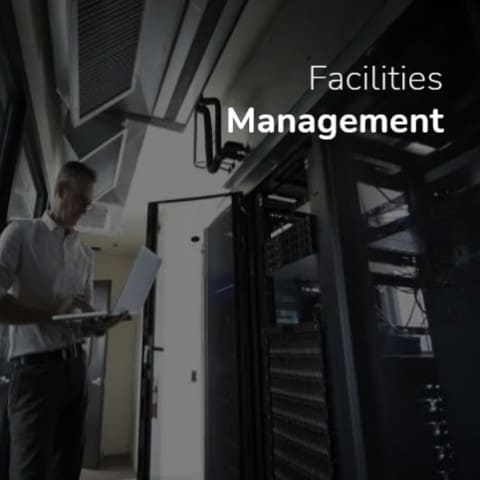An essential part of any organisation is insurance, what else do you have to help when things go wrong? It’s always better to have a back-up, and be safe in case the worst happens. Sometimes, it’s necessary for a company to make a claim against their insurance.
However, a vital aspect of any business insurance is ensuring that the valuation of your business is correct. Giving inaccurate information could reduce your chance of getting a claim, so if you’ve estimated the company’s value incorrectly because you don’t understand the full extent of your IT estate, you could find your insurance is invalid.
Capital can offer companies an annual hardware audit to ensure every piece of equipment is accurately tracked as part of the insurance review. This means all the information will be correct so you can get a more accurate quotation. It’ll give you greater confidence in your numbers, and means you won’t accidentally get denied any claims because of inaccurate information.
Hardware Asset Management
Hardware asset management (HAM) is a vital part of any business and involves tracking and managing all pieces of hardware that make up the IT estate owned by the organisation. This includes large-scale equipment like server towers, data centres, right down to small accessories like keyboards, mouses, cables, and routers – and everything in between.
Every single piece of equipment goes through a HAM lifecycle process:
- Request: This is the initial request for new hardware getting purchased. Operational requirements and needs will be considered, as well as customer and business needs, urgency, compliance, and budget. At this stage, all these questions should be addressed before a request is submitted to IT.
- Fulfilment: After a request is put in, it’s time to investigate the market and decide on options. This means looking at IT hardware suppliers, conducting research regarding warranty, technical requirements, and customer support. Any new equipment should be compatible with the IT hardware already owned by the company.
- Deployment: Once the new equipment has arrived the IT department ensures it’s ready for use by installing all necessary software systems, configuring it, and installing firewalls.
- Monitoring: Now the equipment is with the end-user, IT will monitor it to minimise downtime, risk, and ensure it continues performing at peak levels.
- Service/Support: Regular maintenance will be necessary to ensure software doesn’t go out-of-date, and the equipment doesn’t fail. This can be scheduled maintenance, or emergency repairs that may be necessary. This is where HAM managers can monitor equipment regularly to understand when it needs to be retired.
- Retired: The last stage of the process is when the equipment is no longer meeting the requirements needed for its use and needs to be replaced. It’ll be at a point where repairs are no longer working, and needs to be wiped of sensitive data and recycled, disposed of, and replaced.
A full IT estate can be a massive asset to the company, as technology is valuable. Incorrect estimations can drastically affect the type of insurance needed, and how much the business receives when making a claim. Regular hardware asset management will mean everyone understands exactly where the IT equipment is in the life cycle.
IT hardware value also degrades over time, as it is being used. So completing an annual audit allows your IT department to understand exactly where each piece of equipment is in the HAM lifecycle, and accurately value it based on its current position. Once IT equipment is retired and disposed of, this figure will have to be adjusted to reflect the new, more expensive, equipment.
How Can Capital Help?
Capital can deploy a team of experts anywhere in the UK to complete regular hardware audits and ensure all the information your company holds on your IT estate is accurate. As we are hardware asset experts, we can complete the job more efficiently than an in-house IT team who are trying to juggle the daily operations with the intensive task of HAM.
Our National Service Teams are a cost-effective way to bring in a third-party company to support with any HAM requirements. We will work methodically and professionally to provide you with a thorough hardware database, allowing you to understand exactly where each piece of equipment is located, and who the end-user is.
Capital can provide a one-off deep dive to ensure you don’t fall behind with HAM, or we can set up scheduled audits. Contact us for a friendly chat about how we can support you with your HAM needs.





